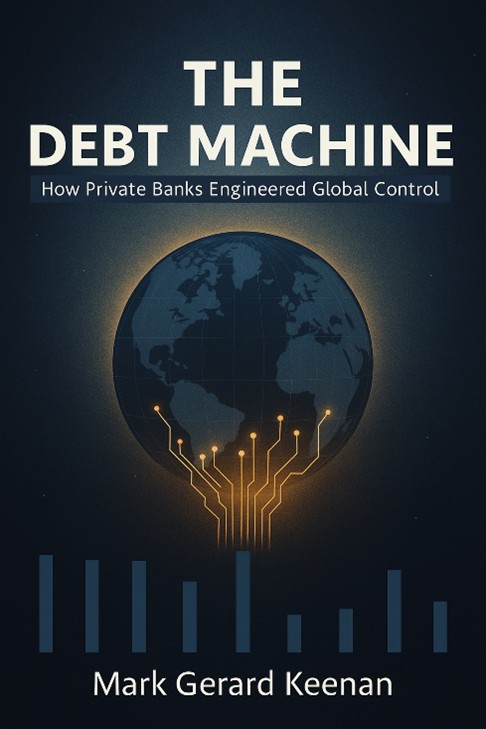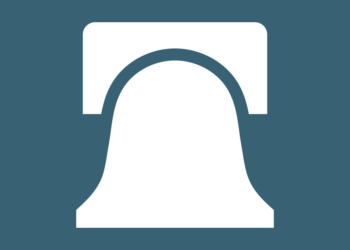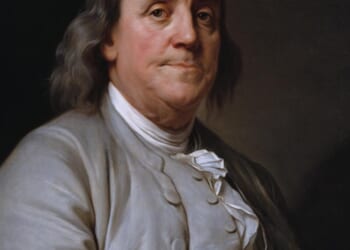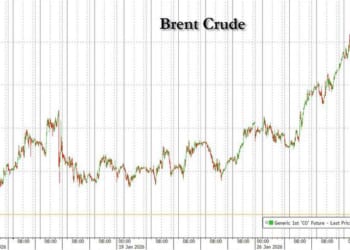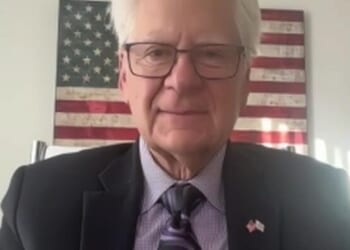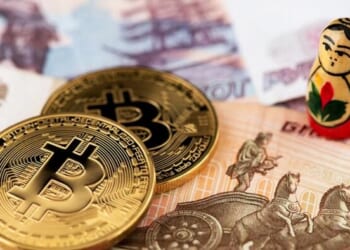If you judged the modern financial order by its behavior rather than its press releases, you’d think it had no conscience at all. When entire nations are crushed under debt, when pensioners are wiped out by “innovations,” and when bubbles enrich the few while immiserating the many, the institutions responsible respond with a shrug and a bonus cycle. We can’t say that bankers are monsters; yet the system itself has evolved—or been designed—to reward those who can act as though they had no empathy.
A System That Selects for Detachment
Clinical psychopathy is rare—perhaps one person in a hundred—but the behaviors that mimic it are everywhere on Wall Street and in the ministries of finance. Decades of psychological research show that corporate hierarchies amplify traits such as dominance, charm, and moral detachment. In a 2010 study by Babiak, Neumann, and Hare, roughly four percent of executives scored in the psychopathic range—four times the base rate. Similar experiments by Paul Piff at UC Berkeley found that the wealthier and more competitive the participant, the more likely they were to cheat for advantage. The lesson is simple: design a game that rewards cold calculation, and you will eventually fill it with cold calculators.
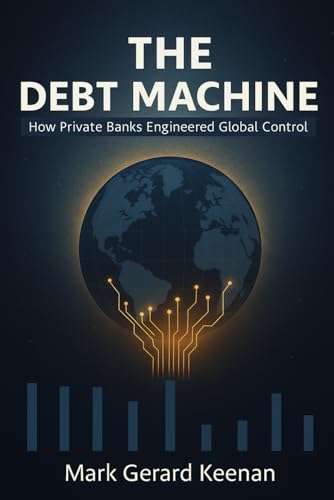
The Debt Machine: How …
Buy New $12.99
(as of 07:10 UTC – Details)
The Birth of the Moral Vacuum
Modern money creation finished the job. When money ceased to represent savings or substance and became a ledger entry created as debt, it also ceased to carry moral weight. A banker who issues a loan today doesn’t transfer stored value; he types new digits into existence. Interest then turns those digits into a claim on someone else’s future labor. The greater the leverage, the greater the bonus—until the defaults cascade and governments rush in to socialize the losses.
Mises and Rothbard warned that credit expansion unbacked by real savings plants the seeds of its own collapse. In their Austrian view, sound money rooted in market discipline is the only safeguard against the cartelization of banking and politics. But the modern order did the opposite: it merged the two (state politics and private banking) into a single machine. The result is an economy that behaves as though empathy were a design flaw.
As I explored in my book The Debt Machine: How Private Banks Engineered Global Control, this transformation wasn’t accidental; it was the logical outcome of allowing private credit creation to replace honest money. Once money became debt, conscience became optional.
Case Study: The 2008 Financial Crisis
Take the mortgage bubble. Banks created trillions in loans to borrowers who could never repay them, sliced those loans into derivatives, sold them to pension funds, and then insured the packages with more derivatives. When the system imploded, the same institutions were rescued with public money while millions lost homes and savings. Not one major executive went to prison.
A genuinely psychopathic person shows three traits: lack of remorse, refusal to accept responsibility, and the ability to rationalize harm. The 2008 rescue ticked all three boxes—but at the institutional, not individual, level.
Central Banking: The Cartel With a Flag
As Rothbard observed, the Federal Reserve functions as a “governmentally sponsored cartel” — a partnership of state and banking interests that privatizes profit while socializing losses. By controlling the price of money—interest rates—the Fed rewards leveraged speculation and punishes prudence. Every cycle ends the same way: excessive credit, asset inflation, collapse, bailout, repeat. Yet each new bailout is sold as “stability.” When European banks were drowning in 2011, the European Central Bank created over a trillion euros in new liquidity to buy time.
Never Let a Crisis Go to Waste
When the “COVID emergency” arrived, central banks simultaneously printed trillions and called it salvation. The same “experts” who assured us that money printing was harmless assured us that lockdowns would save the economy, that experimental mandates were acts of public virtue, and that dissent was a threat to safety.
The institutions that engineered the largest wealth transfer in history called it a public-health response. What began as a “crisis” became a test of obedience—and those who passed it were rewarded, not for wisdom, but for compliance.
Over $9 trillion was conjured in the United States alone, inflating assets for the rich while eroding the real wages of everyone else. The establishment called it stimulus; in truth, it was lucrative triage for a system already in cardiac arrest. The moral feedback loop is gone — those who cause the damage never feel the pain, and so the pathology only deepens. If 2008 revealed moral detachment, 2020 revealed something much deeper.
Psychopathy by Design
A true market punishes mistakes. A cartelized financial system eliminates punishment through political capture. Once losses are socialized and profits are private, recklessness isn’t a flaw—it’s a strategy. From the point of view of the participants, empathy, restraint, or moral hesitation are competitive disadvantages. The incentive is to externalize harm and internalize gain—precisely what a psychopath does when left unchecked.
Debt-based money ensures that this pattern is permanent. Because all money is issued as interest-bearing credit, new debt must constantly be created to service the old. If credit creation slows, defaults rise and the political class panics. Hence the endless call for “growth,” however hollow, and the refusal to confront the costs it imposes on both nature and society. A system that must expand or die will behave like a shark—efficient, unreflective, and indifferent to collateral damage.
Examples Hiding in Plain Sight
- Student-loan portfolios securitized and sold to investors while graduates drown in obligations that can’t be discharged in bankruptcy.
- Corporate buybacks funded by cheap debt, enriching executives even as companies slash long-term investment.
- Sovereign bailouts in the developing world that transfer public assets to foreign creditors under the banner of “stability.”
Each example follows the same pattern: abstract profit at the top, human cost below, and a press release assuring us it was necessary.
What Real Reform Would Look Like
Real reform begins by restoring moral feedback to money creation. That means ending the privilege of private credit creation and re-anchoring currency issuance in public accountability. The 1930s Chicago Plan, drafted by leading economists at the University of Chicago, proposed full-reserve banking—stripping private banks of their power to create money and returning that sovereign function to the people. Its logic was simple: end the privilege, end the cycle of boom and bailout. Whether through full-reserve banking, sovereign digital credit, or competing private currencies is less important than the principle: those who create money must also bear the risk of loss.
Transparency is the second pillar. No more secret facilities, no more alphabet-soup bailouts. The plumbing of money should be public knowledge, not priestly code. And finally, ethics must return to economics—not as moral posturing, but as the recognition that a society that turns every value into a price will, in time, discard every value that cannot be sold.
The Moral of the Machine
The late psychologist Hervey Cleckley defined the psychopath as a person who “knows the words but not the music.” Our financial order knows the language of prosperity but not its meaning. It can model markets to six decimal places yet cannot tell the truth about who benefits and who pays. The spreadsheets are perfect; the souls are missing.
As I examine in the book The Debt Machine, this isn’t about hating bankers or glorifying poverty—it’s about recognizing that the very architecture of money has been built to reward the traits of a machine: speed, aggression, and detachment. Unless we redesign that architecture to reward stewardship instead, we will keep mistaking the cunning of greed for intelligence or wisdom.
This is what it means to return from illusion to reality — to build an economy that serves life rather than consumes it.
Sound money, honest credit, and transparent risk are not nostalgic slogans; they are the minimum conditions for sanity in an economy. Until we recover them, we will remain ruled not by men of reason, but by a system that acts—coldly, efficiently, and predictably—like a psychopath.


